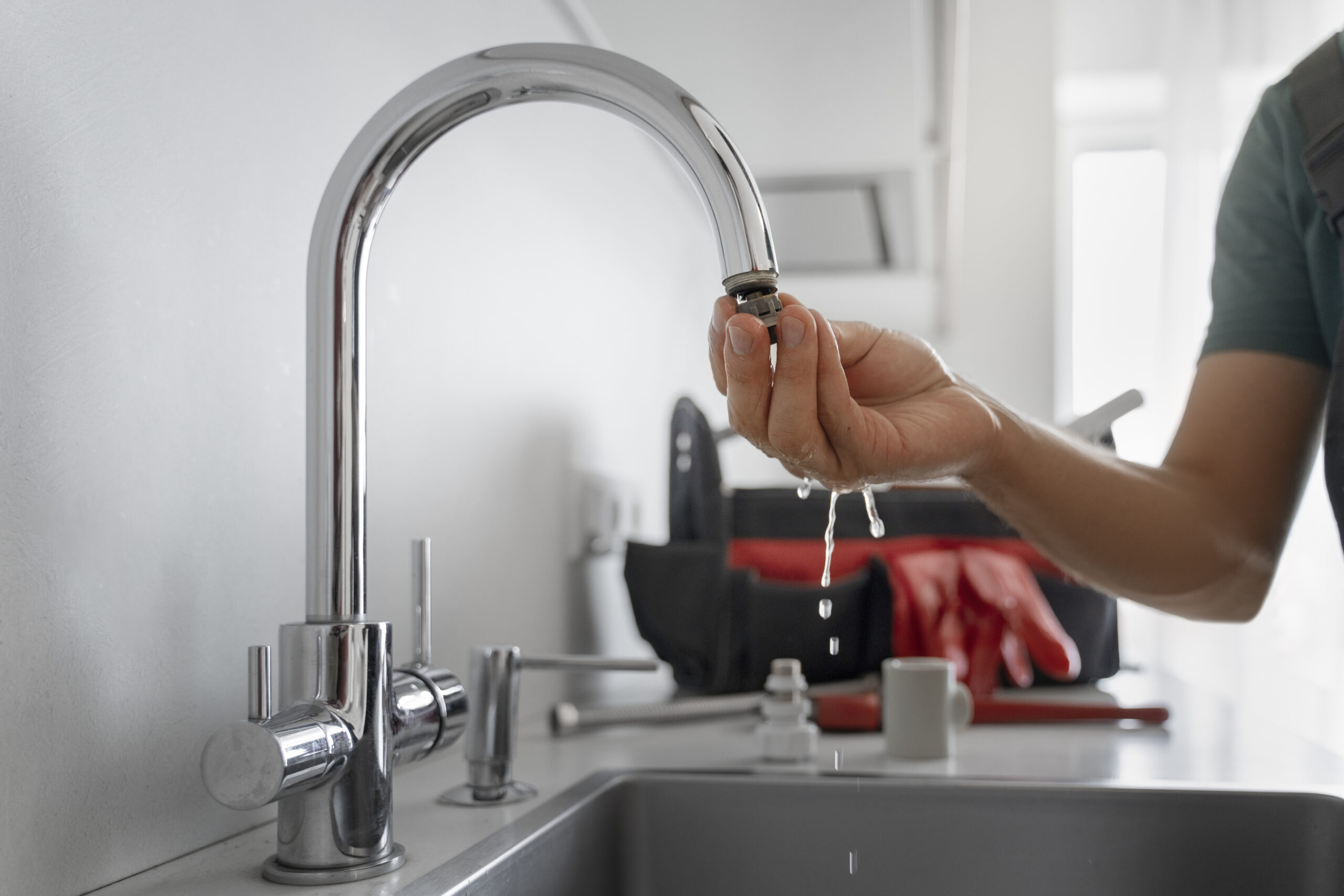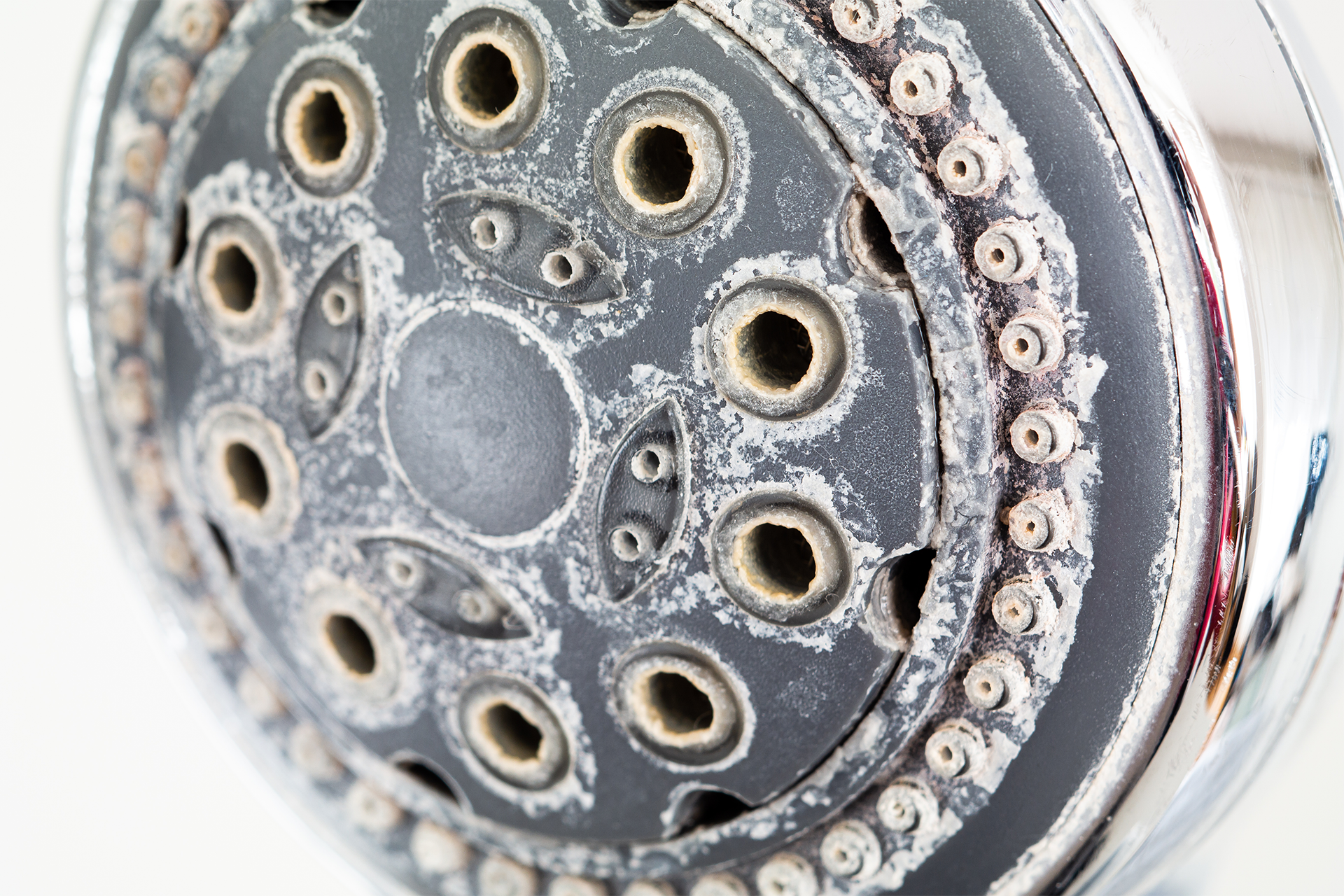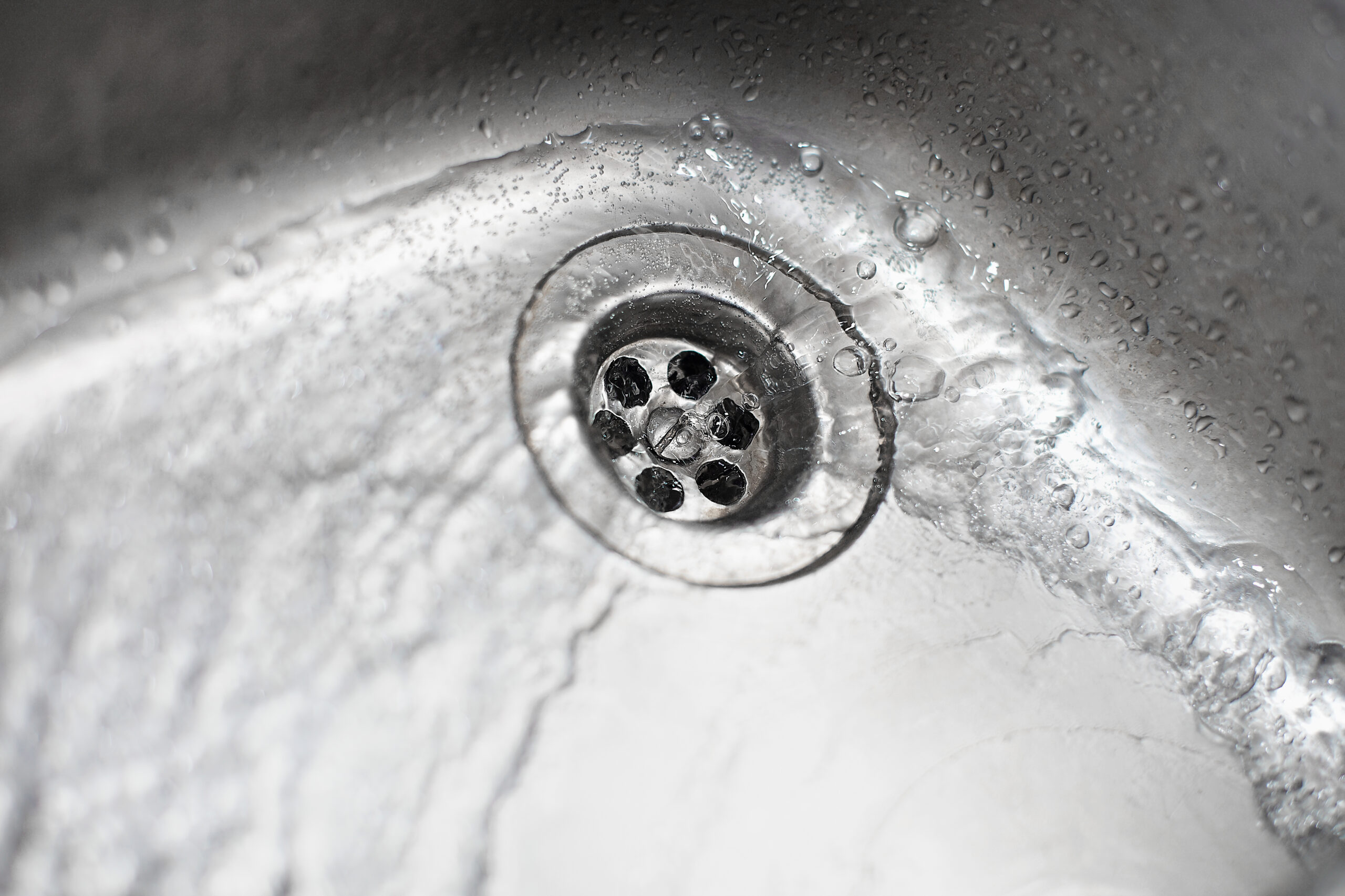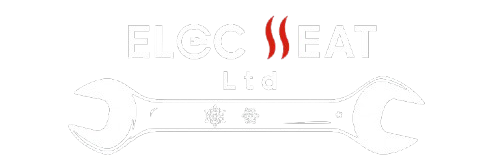Most homeowners rarely think about what’s flowing through their taps — as long as water runs, all seems fine. But in many regions of the UK, households deal daily with “hard water,” and the problems it creates are much more than cosmetic. This guide explores in detail how hard water affects plumbing and appliances, why it happens, and the proven ways to prevent damage and save money.
Limescale around your taps, soap that won’t lather, streaks on your dishes, and a kettle that furs up every month are only the beginning. Over time, hard water silently damages your plumbing, shortens the life of your appliances, and increases household costs.
What Is Hard Water?
Hard water is water with a high concentration of minerals, mainly calcium and magnesium. As rainwater travels through the ground, it absorbs minerals from chalk, limestone, and gypsum. The result is mineral-rich water that can leave visible deposits called limescale.
Although safe to drink, hard water creates problems when heated, stored, or allowed to evaporate — leaving mineral buildup on every surface it touches.
Why Hard Water Is So Common in the UK
The UK has one of the highest percentages of hard water households in Europe. In fact, areas like London, Kent, Essex, and East Anglia are considered “very hard” zones due to chalky geological formations.
According to Water UK, nearly 60% of homes live with some degree of hard water. That’s why discussions around how hard water affects plumbing and appliances are so relevant to British homeowners.
How Hard Water Affects Plumbing and Appliances
Hard water creates multiple problems inside plumbing systems. Here are the main ways it causes damage:
Pipes and Water Pressure
Mineral deposits gradually coat the inside of pipes, reducing water flow. Over time, this buildup narrows the diameter of the pipe, lowering pressure and increasing the risk of blockages.
Boilers and Heating Systems
Boilers and water heaters are especially vulnerable because heating accelerates the crystallisation of minerals. Limescale coats heating elements, reducing efficiency and forcing the system to use more energy.
A 1.6mm layer of limescale can reduce boiler efficiency by up to 12%.
This translates into higher gas or electricity bills.
Taps, Showers, and Fixtures
Taps, showerheads, and valves quickly become clogged with limescale. You may notice poor spray patterns, dripping, or difficulty turning taps on and off.
Hot Water Cylinders and Tanks
Hard water accelerates sediment buildup in hot water tanks. This reduces capacity, increases heating times, and shortens the life of the cylinder.

How Hard Water Damages Appliances
Beyond plumbing, hard water quietly shortens the lifespan of household appliances.
Kettles and Coffee Makers
The most visible example of how hard water affects plumbing and appliances is in kettles and coffee machines. Limescale forms on heating elements, slowing boil times and leaving flaky white deposits in your drinks.
Washing Machines
Hard water reduces the effectiveness of detergents, meaning you need more soap for the same cleaning power. It also leaves mineral deposits on internal parts, causing breakdowns and higher repair bills.
Dishwashers
Hard water leaves cloudy marks on glasses and plates. Inside dishwashers, it clogs spray arms and filters, forcing the machine to work harder and shortening its lifespan.
Showers and Showerheads
Showerheads become blocked by limescale within months in hard water areas. This reduces water pressure and makes cleaning less effective.
Everyday Signs You Have Hard Water
Chalky deposits on taps, sinks, and showers
Reduced water pressure
White flakes in boiled water
Stiff laundry after washing
Soap that doesn’t lather easily
Cloudy spots on clean glasses
If you recognize several of these, you’ve already experienced how hard water affects plumbing and appliances.

Environmental Impact of Hard Water
Hard water doesn’t just damage your home — it has wider environmental consequences:
Increased energy use: Scale buildup in boilers and heating systems forces them to burn more gas or electricity. The Carbon Trust reports that a scaled heating element can increase energy consumption by up to 10–15%.
Excess detergent and cleaning products: Soap, washing powder, and dishwasher tablets all work less effectively in hard water, meaning you need more for the same results. This increases packaging waste and wastewater chemicals.
Shorter appliance lifespans: Throwing away kettles, washing machines, and dishwashers sooner contributes to landfill and e-waste.
By tackling hard water with softening systems, you not only save money but also reduce your household’s carbon footprint.
Financial Impact of Hard Water
Hard water isn’t just inconvenient; it’s expensive. According to the Energy Saving Trust, scale buildup in boilers can cost homeowners hundreds of pounds a year in wasted energy. Replacing appliances early due to scale damage adds even more expense.
For example:
Average kettle lifespan in a hard water area: 2 years (vs. 5+ years in soft water).
Washing machines in hard water areas may need replacing 30% sooner.
Regional Differences: Hard Water Across the UK
Not all areas of the UK experience the same level of water hardness. The geological makeup of the land determines how much calcium and magnesium dissolve into the supply.
Very hard water areas: London, Kent, Essex, Hertfordshire, and East Anglia. These regions sit on chalk and limestone, making limescale a constant battle.
Moderately hard water areas: Midlands and parts of the North West. Homeowners here notice some limescale but usually at manageable levels.
Soft water areas: Scotland, Wales, Cornwall, and the Lake District. With more granite and non-porous rocks, water remains soft and gentle on plumbing.
Understanding where you live helps explain why your kettle clogs every month while a friend in Wales never sees limescale. It also shows why discussions about how hard water affects your plumbing & appliances are particularly relevant in southern England.
Solutions to Protect Plumbing and Appliances
Fortunately, you don’t have to live with the constant cost of hard water.
Water Softeners
Water softeners replace calcium and magnesium with sodium using ion-exchange technology. They are the most effective solution for tackling how hard water affects plumbing and appliances long term.
Magnetic and Electronic Descalers
These devices don’t remove minerals but change their structure so they’re less likely to stick. They’re cheaper than softeners but provide only partial protection.
Regular Maintenance
Even with prevention, maintenance is essential:
Descale your kettle and coffee maker monthly.
Run dishwasher cleaners regularly.
Flush your boiler or hot water system annually.

Health and Lifestyle Considerations
According to NHS, hard water is safe to drink and may even provide extra calcium for bone health. However, it can dry out skin and hair, making showers less pleasant. Many homeowners in hard water regions notice smoother skin and shinier hair when using softened water.
Real-Life Example: The Cost of Ignoring Hard Water
Take the case of a London household with a combi boiler in a very hard water zone. Without a softener, the boiler required descaling twice a year and eventually failed after just 7 years — well below the typical 12–15-year lifespan. Repair and replacement costs exceeded £3,000.
In contrast, a similar home in a soft water area spent far less on maintenance and enjoyed their boiler for over 14 years.
Frequently Asked Questions
Q: Is hard water dangerous to drink?
No, it’s completely safe, but it can affect taste and appearance.
Q: Can I soften water just for drinking?
Yes. Many households install under-sink drinking water filters alongside whole-house systems.
Q: Does bottled water have the same problem?
Some bottled waters are naturally hard, but because they’re not heated in appliances, they don’t cause limescale in your home.
Conclusion: Protecting Your Home from Hard Water
Hard water may be invisible when it leaves your tap, but its effects are everywhere — clogged pipes, inefficient boilers, shorter appliance lifespans, and higher bills.
By understanding how hard water affects plumbing and appliances, and investing in solutions like water softeners, regular maintenance, and descaling, you can save money, reduce stress, and extend the life of your household systems. Also, if you want to know How To Prevent Frozen Pipes During Winter, you can check our other article.








